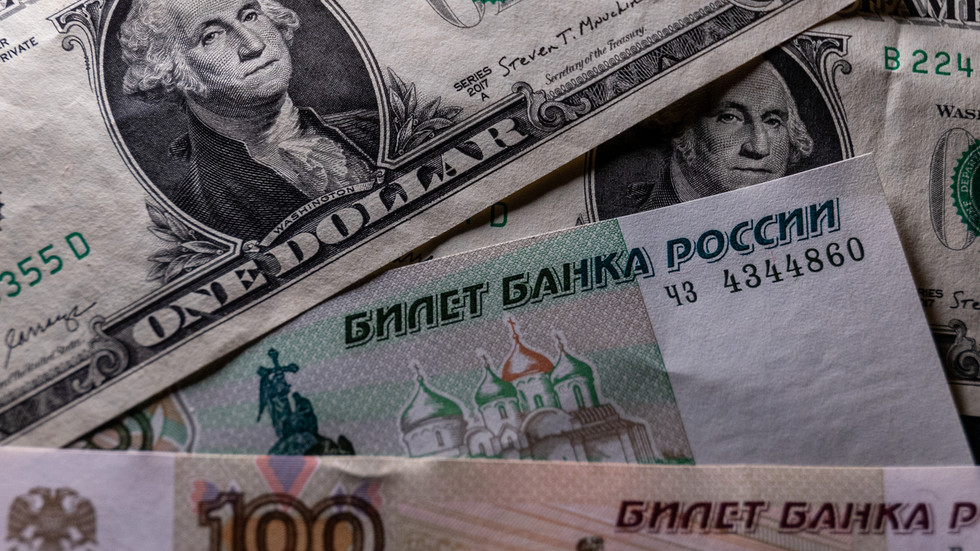France and Germany are reportedly pressing for deeper sanctions on foreign banks that maintain trade with Moscow
The European Union could sanction foreign banks that use Russia’s domestic alternative to the SWIFT interbank messaging system, as the bloc weighs another batch of measures targeting countries it claims are helping Moscow bypass restrictions, Euractiv has reported.
Russia has been promoting its own payment system as a reliable alternative to SWIFT since many of the country’s financial institutions were cut off from the Western network in 2022. The System for Transfer of Financial Messages (SPFS) ensures the secure transfer of financial messages between banks both inside and outside the country.
France and Germany are spearheading the proposal to hit Russia’s trading partners as part of the bloc’s 19th sanctions package against Moscow, the outlet said on Tuesday. Paris and Berlin argue the measures should strike at what they describe as the “deeper structures” of Russia’s financial and logistics networks.
The SPFS system has become a key workaround for Russian and non-Russian banks seeking to maintain trade flows despite Western efforts to isolate Moscow.
In June 2024, Brussels banned EU banks operating outside Russia from connecting to SPFS or carrying out transactions via the system, threatening violators with exclusion from Europe’s own financial networks. As of early 2025, 177 foreign entities across 24 countries were connected to SPFS, according to the Russian central bank.
Moscow has accelerated efforts to move away from SWIFT by trading with international partners in their national currencies – a trend increasingly supported by BRICS members, which have shifted from using the dollar and euro in trade settlements.
Russia has long denounced Western sanctions as illegal, repeatedly noting that they have failed to achieve their ultimate goal of destabilizing the economy and isolating the country from the global financial system. Instead, Moscow argues, they have backfired on the states that imposed them.
You can share this story on social media:
Read the full article here

